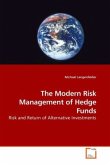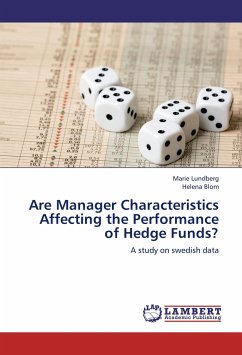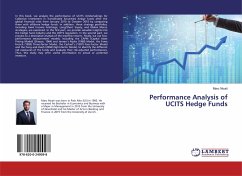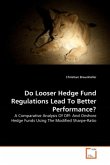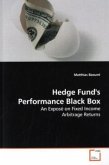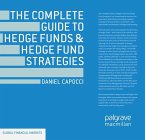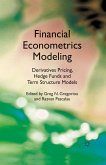The term hedge fund is used to describe a wide range of investments that vary in terms of size, strategy, and organizational structure. Hedge funds, which have enjoyed healthy growth in recent past, became popular for their philosophy of trying to outperform the market through individual security selection, by taking market neutral positions in an effort to protect financial capital in times of market volatility. The objective of this work is to explore different areas of hedge fund research, and it summarizes the academic work when hedge funds were at the peak of their popularity. It explores data bias, contributes to the classification methods, and performance attribution of hedge funds. Hedge fund databases vary with the types of funds included and their classifications, leading to difficulties in the comparison of research results on fund performance. Cluster analysis is used to classify hedge funds, and analytical models using exact factor-pricing are developed to explain hedge fund returns.
Bitte wählen Sie Ihr Anliegen aus.
Rechnungen
Retourenschein anfordern
Bestellstatus
Storno


